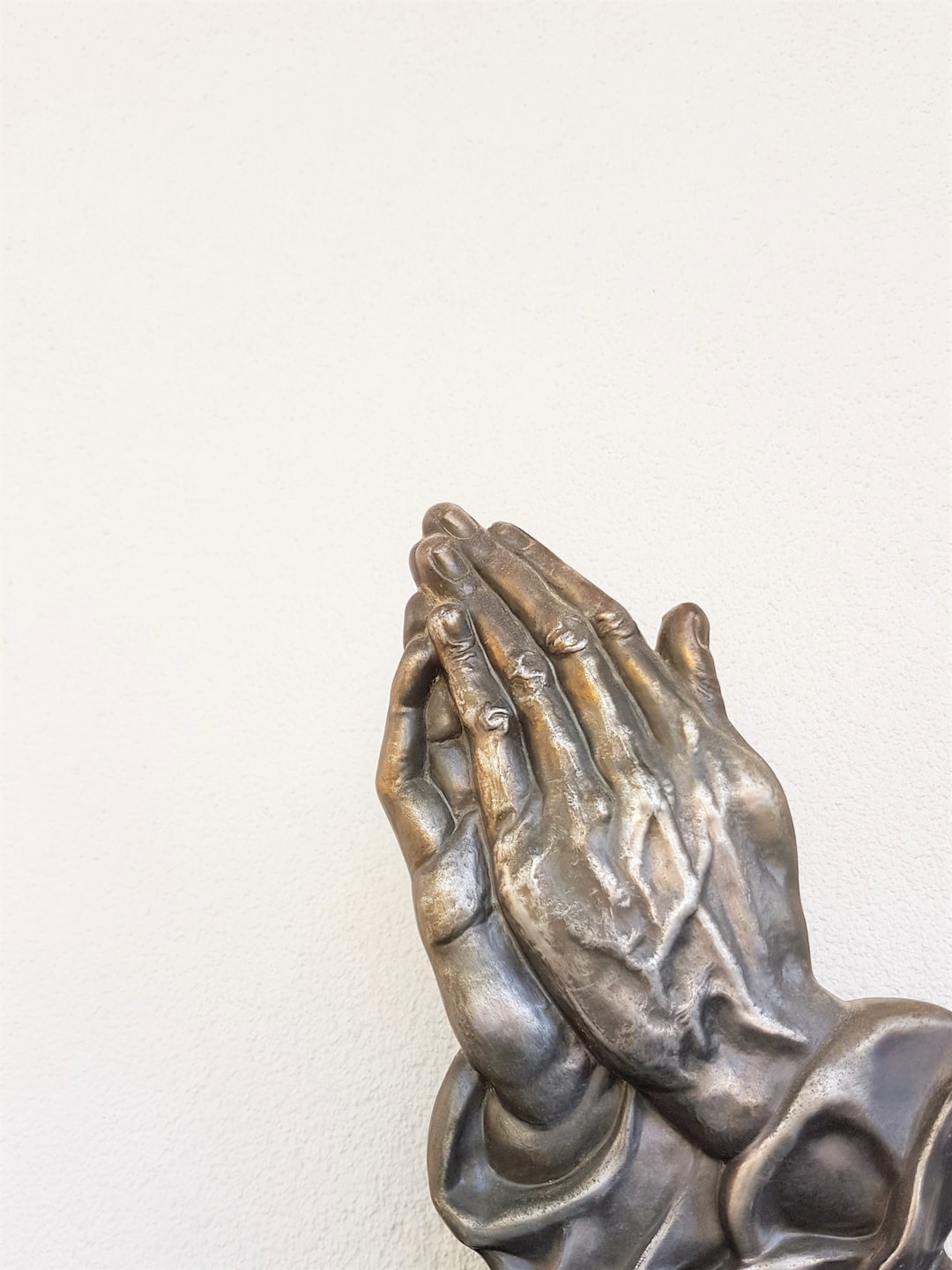The transformative power of faith-based rituals and ceremonies
Throughout human history, rituals and ceremonies have played a profound role in shaping our lives and communities. They are a powerful medium for expressing our beliefs, connecting with the divine, and finding solace and purpose. Faith-based rituals and ceremonies, in particular, hold a unique transformative power that can bring about profound changes in individuals and communities alike.
One of the fundamental aspects of faith-based rituals is their ability to foster a sense of belonging and community. Religion often serves as a cohesive force, bringing together diverse individuals to partake in shared practices and beliefs. By participating in rituals and ceremonies together, individuals reaffirm their commitment to their faith and to one another. This sense of community offers a support system, a feeling of connection and understanding, leading to a stronger social fabric and a greater sense of collective responsibility.
Moreover, faith-based rituals and ceremonies have an inherent ability to evoke strong emotions and provide a space for people to connect with the divine. In these sacred moments, individuals transcend their daily lives and enter into a different emotional and mental state. Whether it is through prayer, meditation, chanting, or other forms of worship, these rituals enable individuals to tap into a source of strength, guidance, and divine presence that transcends the material world. This connection with the divine can bring about a deep sense of peace, solace, and purpose, providing individuals with the strength and courage to face life’s challenges.
Additionally, these rituals often mark significant life events and transitions, offering a sense of continuity and stability in a rapidly changing world. Births, marriages, and deaths are celebrated or mourned through various religious rituals and ceremonies. These rites of passage not only provide a framework for navigating these transitions but also offer a sense of comfort and reassurance during uncertain times. By participating in these rituals, individuals are reminded of their place in the grand scheme of life, fostering a sense of meaning and purpose.
Furthermore, faith-based rituals and ceremonies have the power to instill moral values and promote ethical behavior. The repetition and symbolic actions within these rituals serve as powerful reminders of the moral teachings and ethical codes of conduct espoused by various religious traditions. Through participating in these rituals, individuals are not just passive recipients of moral teachings, but active participants in embodying and enacting these values in their daily lives. This can lead to increased empathy, compassion, and a sense of social responsibility, ultimately contributing to the betterment of society as a whole.
The transformative power of faith-based rituals and ceremonies is not limited to individuals alone but extends to communities and societies as well. Communities that regularly engage in collective worship and rituals often experience a stronger sense of unity, cooperation, and social cohesion. They tend to demonstrate higher levels of social trust, lower rates of crime, and increased civic engagement. Furthermore, these rituals often serve as a conduit for social change, mobilizing communities to work towards justice, equality, and the common good.
It is important to recognize that the transformative power of faith-based rituals and ceremonies relies on their inclusivity and the ability to adapt to the changing needs and beliefs of individuals and communities. As our world becomes increasingly diverse, it is crucial for religious institutions to embrace inclusivity and create spaces where people from various backgrounds can find meaning and connection.
In conclusion, faith-based rituals and ceremonies hold a transformative power that goes beyond religious beliefs. They foster a sense of belonging, connect individuals with the divine, offer solace and purpose, and instill moral values. These rituals not only transform individuals but also strengthen communities and contribute to the betterment of society. In a rapidly changing world, these timeless practices continue to provide a space for individuals to find connection, meaning, and spiritual fulfillment.
